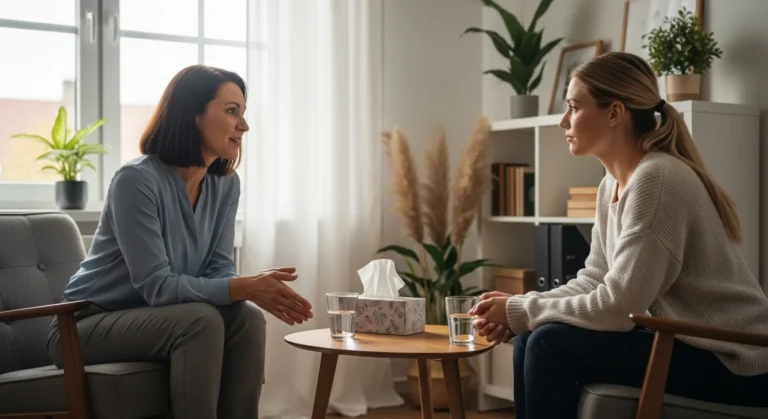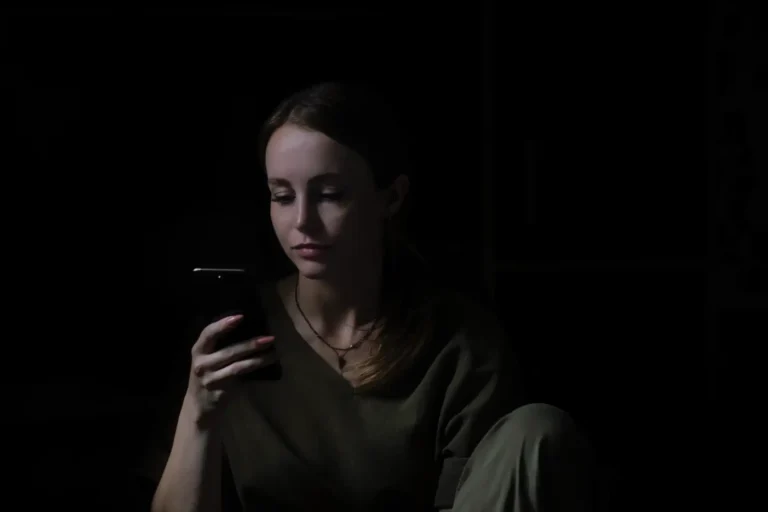Healing after trauma is not a solo journey. While self-reflection and therapy are vital, building a support network can often be the bridge between isolation and recovery. This post explores how community connection can transform healing, and offers strategies to find your people—even when it feels impossible.
Why Community Matters After Trauma
Trauma can make the world feel unsafe. Trust becomes fragile. Relationships may change or dissolve entirely. Yet, connection is one of the most powerful tools in healing. A safe and supportive network can:
- Offer validation and emotional safety
- Counteract isolation and loneliness
- Model coping skills and resilience
- Provide accountability and motivation
How to Start Building Your Network
- Start Small: One safe, consistent relationship is more valuable than a large circle
- Be Intentional: Seek connections in spaces aligned with your healing goals—support groups, creative communities, or recovery forums
- Use Online Platforms: Sites like The Mighty and Mental Health America host forums and peer networks
Rebuilding Trust After Trauma
It’s okay if trust feels distant. Let it build slowly. Boundaries are essential. You can be open without being unfiltered, and you have every right to protect your emotional space.
When Friends or Family Don’t Understand
Sometimes the people closest to us struggle to support us effectively. That doesn’t mean you’re unworthy of support—it means you may need to widen your circle. Consider professional-led groups or trauma-specific peer communities.
What a Healthy Support Network Looks Like
- Mutual respect and boundaries
- Nonjudgmental listening
- Willingness to grow together
- Support without pressure to “fix” or rush healing
Internal and External Resources
Read our article on Returning to Work After Trauma for more guidance on managing life transitions with support. You can also explore NAMI’s support group directory to find options near you.
Final Thoughts
Building a support network takes courage—but it doesn’t have to happen overnight. Each connection, conversation, or shared moment can be a step forward. You deserve relationships that reflect your strength and support your journey. You are not alone—and never have to be again.
Disclaimer: This post is informational and not a substitute for professional mental health care. Seek licensed help as needed.



